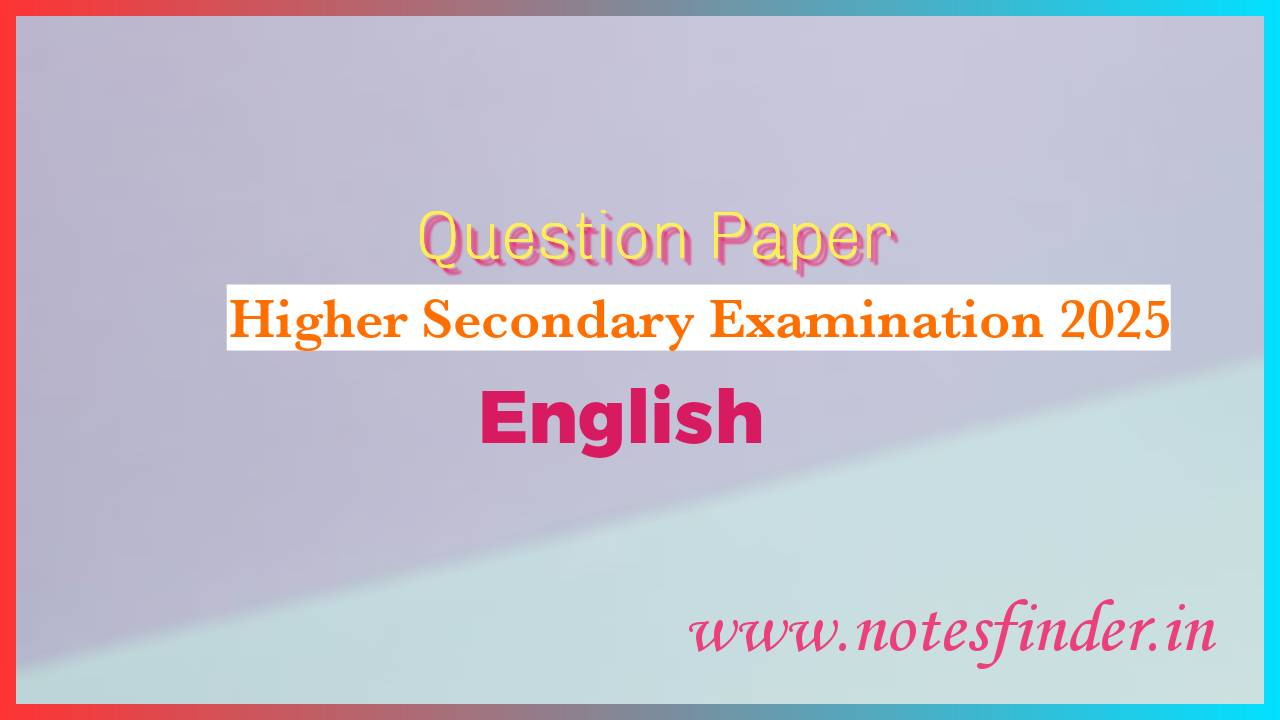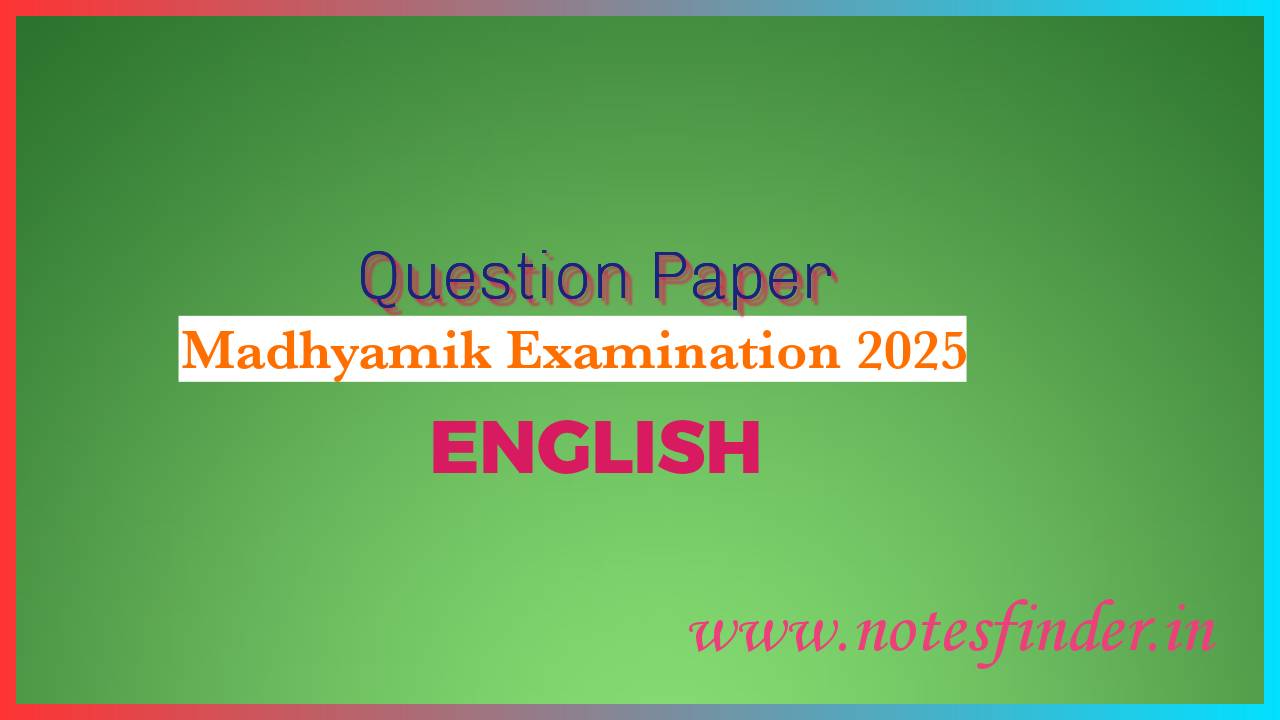About The Poet and the Text:
Judith Arundell Wright (1915-2000) was an Australian poet and environmentalist. Among several collections of her poetry, the most notable are The Moving Image, Woman to Man, The Gateway and many more.
The following poem describes the poet’s experience of watching a black snake as it makes its way across an area of grassland. The poet looks on, fascinated, as the snake hunts for food and finally disappears.
জুডিথ অরান্ডেল রাইট (১৯১৫-২০০০) ছিলেন একজন অস্ট্রেলিয়ান কবি এবং পরিবেশবিদ। তাঁর কবিতার বেশ কয়েকটি সংকলনের মধ্যে সর্বাধিক উল্লেখযোগ্য হ’ল দ্য মুভিং ইমেজ, ওম্যান টু ম্যান, দ্য গেটওয়ে এবং আরও অনেক কিছু।
নীচের কবিতাটি কবির একটি কালো সাপ দেখার অভিজ্ঞতার বর্ণনা দেয় যখন এটি তৃণভূমির একটি অঞ্চলের মধ্য দিয়ে যায়। কবি মুগ্ধ হয়ে দেখতে থাকেন যখন সাপটি খাদ্য শিকার করে এবং অবশেষে অদৃশ্য হয়ে যায়।
Hunting Snake (Text)- Judith Wright
Sun-warmed in this late season’s grace
under the autumn’s gentlest sky
we walked, and froze half-through a pace.
The great black snake went reeling by.
Head down, tongue flickering on the trail
he quested through the parting grass,
sun glazed his curves of diamond scale
and we lost breath to see him pass.
What track he followed, what small food
fled living from his fierce intent,
we scarcely thought; still as we stood
our eyes went with him as he went.
Cold, dark and splendid he was gone
into the grass that hid his prey.
We took a deeper breath of day,
looked at each other, and went on.
Hunting Snake (Lesson 12) Bengali Meaning (বঙ্গানুবাদ) | Class 9
Sun-warmed in the late season’s grace
রৌদ্রতপ্ত শেষ ঋতুর অনুগ্রহে
Under the autumn’s gentlest sky
শরৎকালের কোমল আকাশের নিচে
We walked and froze half-through a pace.
আমরা হাঁটছিলাম এবং চলার গতি অর্ধেক কমিয়ে থেমে গেলাম।
The great black snake went reeling by.
বিশাল কালো সাপটি ঘূর্ণায়মান গতিতে চলে গেল।
Head down, tongue flickering on the trail
মাথা নিচু করে, জিহ্বা কাঁপাতে কাঁপাতে আঁকাবাঁকা পথে
He quested through the parting grass.
সে বিচ্ছিন্ন ঘাসের মাঝে খুঁজতে খুঁজতে এগিয়ে যাচ্ছিল।
Sun glazed his curves of diamond scale
রৌদ্রে তার বক্র হীরার মত আঁশ চক্-চক্ করছিল
And we lost breath to see him pass.
এবং তাকে যেতে দেখে আমাদের নিশ্বাস বন্ধ হয়ে গিয়েছিল।
What track he followed, what small food
সে যে পথ অনুসরণ করেছিল, যা ছোট খাবার
Fled living from his fierce intent,
তার মারাত্মক অভিপ্রায় থেকে বেঁচে পালিয়ে গেল,
We scarcely thought; still as we stood
আমরা খুব কমই ভেবেছিলাম; নিশ্চলভাবে আমরা যখন দাঁড়িয়ে ছিলাম
Our eyes went with him as he went.
সে যখন চলে যাচ্ছিল আমাদের চোখ তাকে অনুসরণ করছিল।
Cold, dark and splendid he was gone
শীতল, কালো এবং জাঁকজমক সে চলে গেল
Into the grass that hid his prey.
ঘাসের মধ্যে যা তার শিকারকে লুকিয়ে রেখেছিল।
We took a deeper breath of day,
আমরা দিনের গভীর নিঃশ্বাস নিয়েছিলাম,
Looked at each other, and went on.
একে অপরের দিকে তাকিয়ে রইলাম, এবং চলতে লাগলাম।
Hunting Snake (Lesson 12) Questions – Answers | Class 9
Exercise 1
Tick the correct answer from the given alternatives:
(1) The poet was sun-warmed under the gentlest sky of
(a) summer
(b) winter
(c) autumn [ √ ]
(d) spring
(2) The colour of the snake was
(a) black [ √ ]
(b) grey
(c) green
(d) yellow
(3) The tongue of the snake was
(a) still
(b) flickering [ √ ]
(c) dangling
(d) hanging
(4) The shape of the snake’s scale was like
(a) star
(b) kite
(c) diamond [ √ ]
(d) pyramid
(5) According to the poet, the intent of the snake was
(a) malicious
(b) greedy
(c) timid
(d) fierce [ √ ]
(6) The snake finally disappeared into the
(a) sand
(b) grass [ √ ]
(c) rock
(d) stream
Exercise 2
Answer the following questions within twenty-five words:
(i) How did the snake appear as it was moving through the grass?
Ans: The snake’s head was down, its tongue was flickering and with a reeling motion it quested through the parting grass.
(ii) What did the poet and her companions do when the snake was gone?
Ans: The poet and her companions looked at each other and went on.
Exercise 3
Rewrite the following sentence as directed:
(a) How happy we are here ! (change into an assertive sentence)
Ans: We are very happy here.
(b) Everybody knows the name of Tagore, (change into an interrogative sentence)
Ans: Who does not know the name of Tagore?
(c) The painting is very beautiful . (change into an exclamatory sentence)
Ans: How beautiful the painting is !
(d) Can we ever forget childhood days? (changes into an assertive sentence)
Ans: We can never forget out childhood days.
Exercise 4
Rewrite the following sentences as directed:
(a) We are proud of our heritage. (Use the noun form of ‘ proud’)
Ans: We take pride in our heritage.
(b) We should have sympathy for the poor. (Use the adjective form of ‘sympathy’)
Ans: We should be sympathetic towards the poor.
(c) His success was due to his labor. (Use the verb form of ‘ labor’)
Ans: He labored for his success.
(d) The song of the nightingale is very sweet. (Use the adverb form of ‘sweet’)
Ans: The nightingale sings very sweetly.
Read More👇
Lesson 1 Tales of Bhola Grandpa
Lesson 2 All About a Dog
Lesson 3 Autumn
Lesson 4 A Day in the Zoo
Lesson 5 All Summer in a Day
Lesson 6 Mild the Mist upon the Hill
Lesson 7 Tom Loses a Tooth
Lesson 8 His First Flight
Lesson 9 The North Ship
Lesson 10 The Price of Bananas
Lesson 11 A Shipwrecked Sailor
Lesson 12 Hunting Snake



